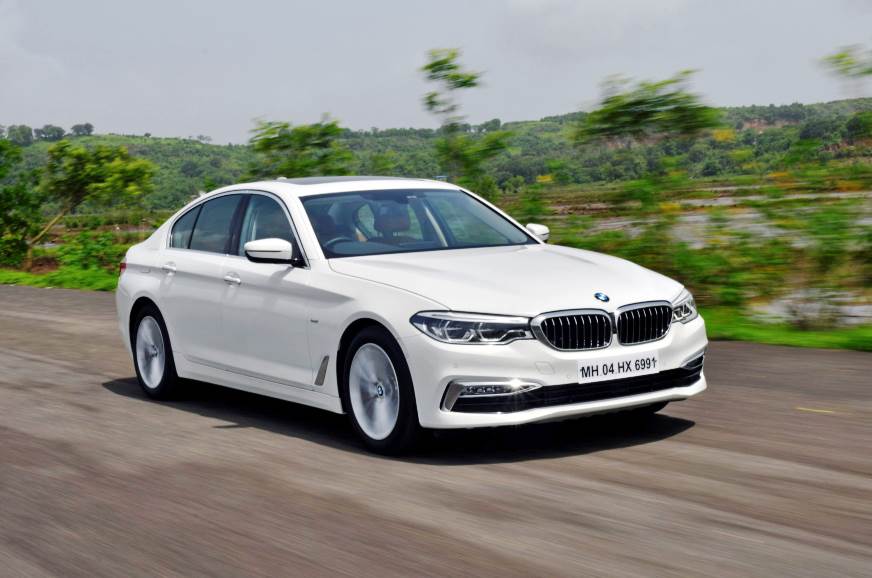BMW said on Thursday that it returned to a profitable track in 2021 after recovering from lockdowns and a negative impact on sales due to the coronavirus pandemic in the first half of last year.
The premium German automaker said it would have five fully-electric models available this year, as it speeds up together with the rest of the industry to present new zero-emission models as CO2 emissions targets tighten in Europe and China.
Plant shutdowns in the first half of 2020 followed as governments around the world tried to reduce the spread of the coronavirus. This led many in the industry to expect a disastrous year, but a market recovery in some markets helped the auto industry recover faster than expected.
“Our performance in the second half of the year demonstrated just how strong the BMW Group is … we soon overcame the impact of weeks of plant closures and nationwide lockdowns,” CEO Oliver Zipse said. “We are starting 2021 revitalized and with a favorable tailwind.”
BMW sales in China increased 7.4% in 2020 against 2019, mostly offsetting decreases in other regions.
Chinese consumers also helped propel the automakers’ rival Daimler to a full-year pre-tax profit.
Volkswagen‘s 2020 profit declined less than expected, again with a push from Chinese drivers eager to snap up premium Audi automobiles.
BMW said that, with the exception of the second quarter, it remained profitable in 2020.
Expenditure in electrification, self-driving technology, and connectivity meant that research and development costs were high at 5.7 billion euros ($6.8 billion), though more than 4% below the almost 6 billion euros the company spent in 2019.
The company reduced its other capital expenditures by over 30% during the year.
The premium automaker posted a full-year 2020 pre-tax profit of 5.2 billion euros ($6.21 billion), down almost 27% from 7.2 billion euros ($8.59 billion) in the prior year.
BMW ended the year with a free cash flow of 3.4 billion euros ($4.06 billion), up from 2.6 billion euros ($3.10 billion) in 2019.
The automaker’s pre-tax margin for the automotive segment dropped to 5.3% from 6.8%.


